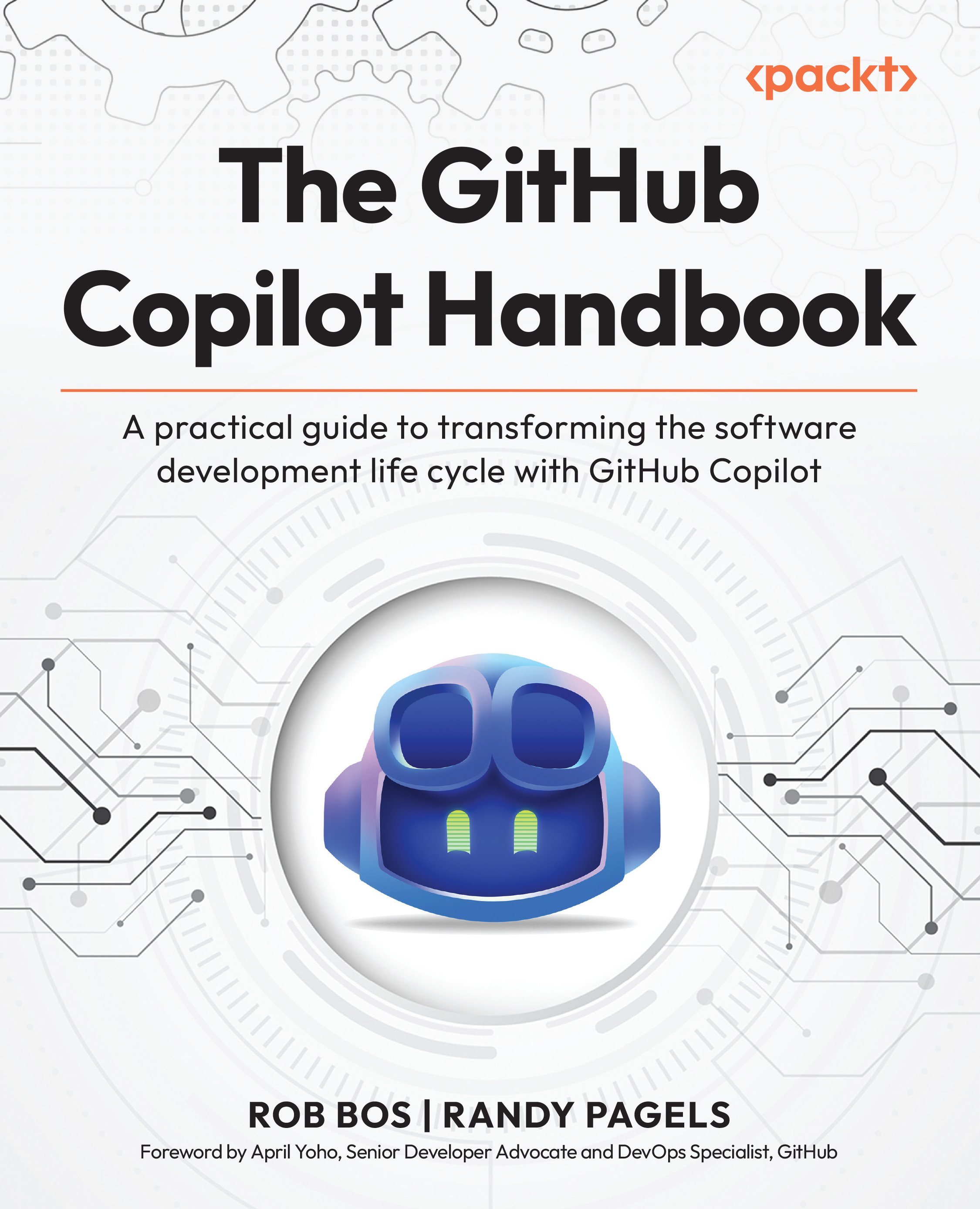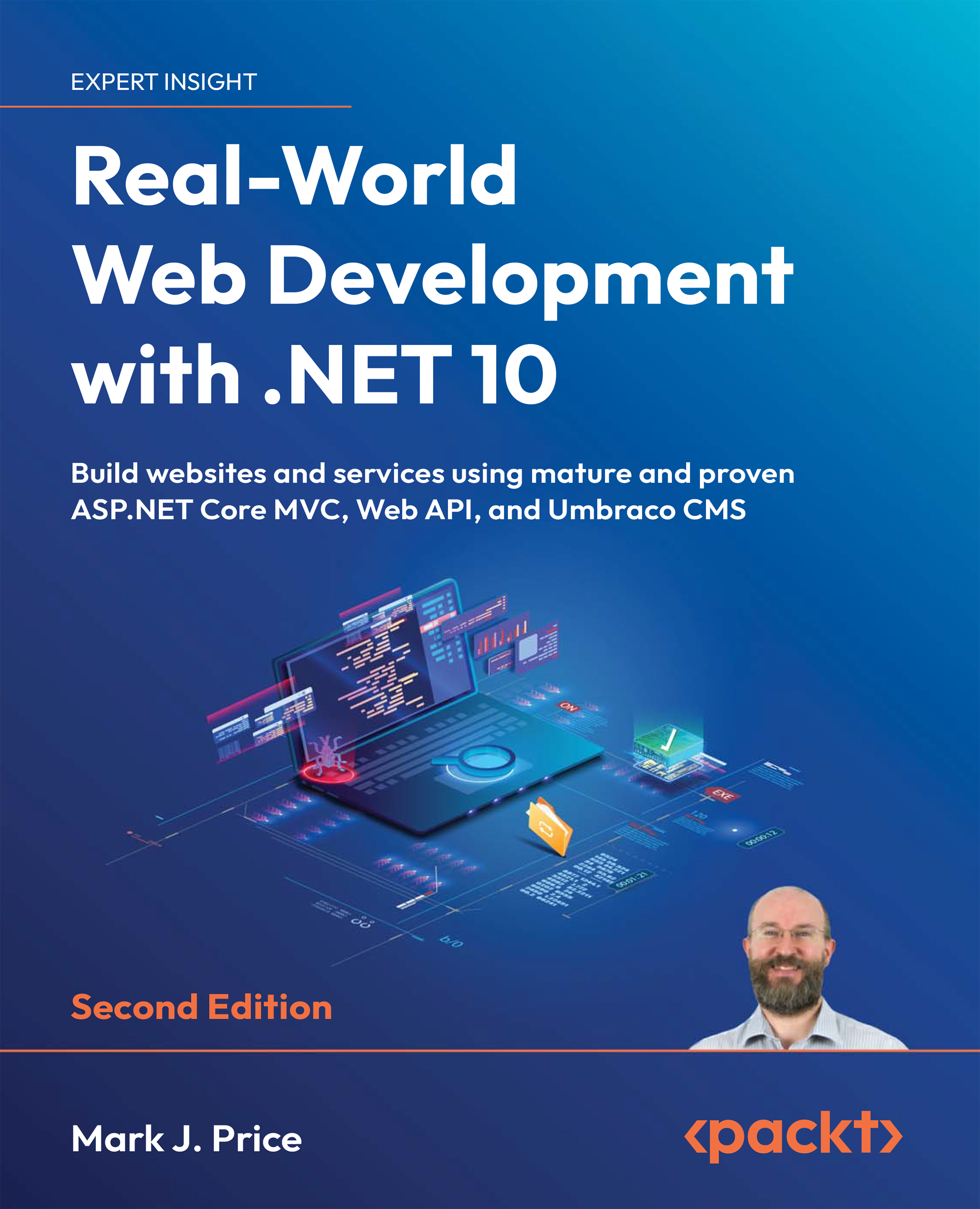 |
Build social Flash applications fully integrated with the Facebook Graph API
- Build your own interactive applications and games that integrate with Facebook
- Add social features to your AS3 projects without having to build a new social network from scratch
- Learn how to retrieve information from Facebook's database
- A hands-on guide with step-by-step instructions and clear explanation that encourages experimentation and play
|
So let's get on with it...
What's so great about Facebook?
Seems like everyone's on Facebook these days—people are on it to socialize; businesses are on it to try to attract those people's attention. But the same is true for other older social networks such as LinkedIn, Friendster, and MySpace. Facebook's reach goes far beyond these; my small town's high street car park proudly displays a "Like Us On Facebook" sign.
More and more Flash games and Rich Internet Applications (RIAs) are allowing users to log in using their Facebook account—it's a safe assumption that most users will have one. Companies are asking freelancers for deeper Facebook integration in their projects. It's practically a buzzword.
But why the big fuss?
It's popular
Numbers
- According to Facebook's statistics page (http://www.facebook.com/press/info.php?statistics), over 500 million people log in to Facebook in any given month (as of November 2010). For perspective, the population of the entire world is just under 7,000 million.
- Twitter is estimated to have 95 million monthly active users (according to the eMarketer.com September 2010 report), as is MySpace. FarmVille, the biggest game based on the Facebook platform, has over 50 million: more than half the population of either competing social network.
- FarmVille has been reported to be hugely profitable, with some outsider reports claiming that its parent company, Zynga, has generated twice as much profit as Facebook itself (though take this with a grain of salt). Now, of course, not every Facebook game or application can be that successful, and FarmVille does benefit from the same snowball effect as Facebook itself, making it hard to compete with—but that almost doesn't matter; these numbers validate Facebook as a platform on which a money-making business can be built.
It's everywhere
As the aforementioned ReadWriteWeb article explained, Facebook has become a standard login across many websites. Why add yet another username/password combination to your browser's list (or your memory) if you can replace them all with one Facebook login?
This isn't restricted to posting blog comments. UK TV broadcaster, Channel 4, allows viewers to access their entire TV lineup on demand, with no need to sign up for a specific Channel 4 account:

Again, Facebook benefits from that snowball effect: as more sites enable a Facebook login, it becomes more of a standard, and yet more sites decide to add a Facebook login in order to keep up with everyone else.
Unlock access to the largest independent learning library in Tech for FREE!
Get unlimited access to 7500+ expert-authored eBooks and video courses covering every tech area you can think of.
Renews at €14.99/month. Cancel anytime
Besides login capabilities, many sites also allow users to share their content via Facebook. Another UK TV broadcaster, the BBC, lets users post links for their recommended TV programs straight to Facebook:

Blogs—or, indeed, many websites with articles—allow readers to Like a post, publishing this fact on Facebook and on the site itself:

So half a billion people use the Facebook website every month, and at the same time, Facebook spreads further and further across the Internet—and even beyond. "Facebook Messages" stores user's entire conversational histories, across e-mail, SMS, chat, and Facebook itself; "Facebook Places" lets users check into a physical location, letting friends know that they're there.
No other network has this reach.
It's interesting to develop for
With all this expansion, it's difficult for a developer to keep up with the Facebook platform. And sometimes there are bugs, and undocumented areas, and periods of downtime, all of which can make development harder still.
But the underlying system—the Graph API, introduced in April 2010—is fascinating. The previous API had become bloated and cumbersome over its four years; the Graph API feels well-designed with plenty of room for expansion.
Have a go hero – get on Facebook
If you're not on Facebook already, sign up now (for free) at http://facebook.com. You'll need an account in order to develop applications that use it. Spend some time getting used to it:
- Set up a personal profile.
- Post messages to your friends on their Walls.
- See what all the FarmVille fuss is about at http://apps.facebook.com/onthefarm.
- Check in to a location using Facebook Places.
- Log in to some blogs using your Facebook account.
- Share some YouTube videos on your own Wall from the YouTube website.
- "Like" something.
Go native!
 United States
United States
 Great Britain
Great Britain
 India
India
 Germany
Germany
 France
France
 Canada
Canada
 Russia
Russia
 Spain
Spain
 Brazil
Brazil
 Australia
Australia
 South Africa
South Africa
 Thailand
Thailand
 Ukraine
Ukraine
 Switzerland
Switzerland
 Slovakia
Slovakia
 Luxembourg
Luxembourg
 Hungary
Hungary
 Romania
Romania
 Denmark
Denmark
 Ireland
Ireland
 Estonia
Estonia
 Belgium
Belgium
 Italy
Italy
 Finland
Finland
 Cyprus
Cyprus
 Lithuania
Lithuania
 Latvia
Latvia
 Malta
Malta
 Netherlands
Netherlands
 Portugal
Portugal
 Slovenia
Slovenia
 Sweden
Sweden
 Argentina
Argentina
 Colombia
Colombia
 Ecuador
Ecuador
 Indonesia
Indonesia
 Mexico
Mexico
 New Zealand
New Zealand
 Norway
Norway
 South Korea
South Korea
 Taiwan
Taiwan
 Turkey
Turkey
 Czechia
Czechia
 Austria
Austria
 Greece
Greece
 Isle of Man
Isle of Man
 Bulgaria
Bulgaria
 Japan
Japan
 Philippines
Philippines
 Poland
Poland
 Singapore
Singapore
 Egypt
Egypt
 Chile
Chile
 Malaysia
Malaysia

















